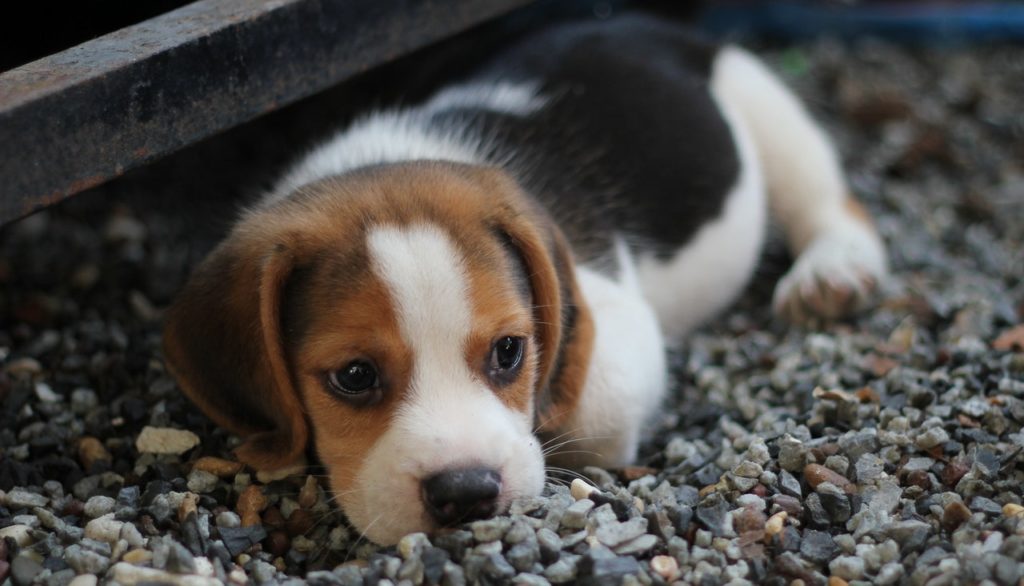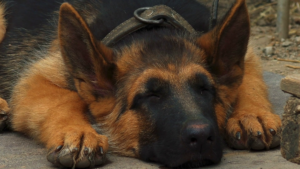Housebreaking Your Puppy: Do’s And Don’ts

The process of housebreaking often brings on feelings of nervousness and worry, but the process does not have to be stressful—for you or the puppy.
Conditioning
Because moms clean their new-born pups, there’s no scent of urine or faeces in the den. You therefore have nature working with you. From two to four months, most pups pick up on housebreaking or crate training as part of their natural programming.
Puppy’s digestive tract
Your pup’s digestive system is efficient. Five to 30 minutes after she’s eaten, she’ll want to defecate. So make your feeding schedule consistent, and take her outside to a spot that makes her feel safe. She’ll probably want to go close to a place she used previously, as the scent acts as a trigger.
Your energy
Don’t hover, don’t encourage her in a high-pitched and squeaky voice; these things just act as a distraction. Avoid conversation and reward positive behaviour.
Positive reinforcement
If there is an accident, and there will be, you don’t want to create a negative association. Simply remove your puppy to the place you want her to go. If you happen to come across the accident long past its occurrence, simply clean it up and move on.
Done properly, housebreaking is a matter of a little work, a little extra attention and avoiding stressing yourself or your puppy out.
Learn more by clicking the link below.
POSTED IN New Parents · Photo Credit







